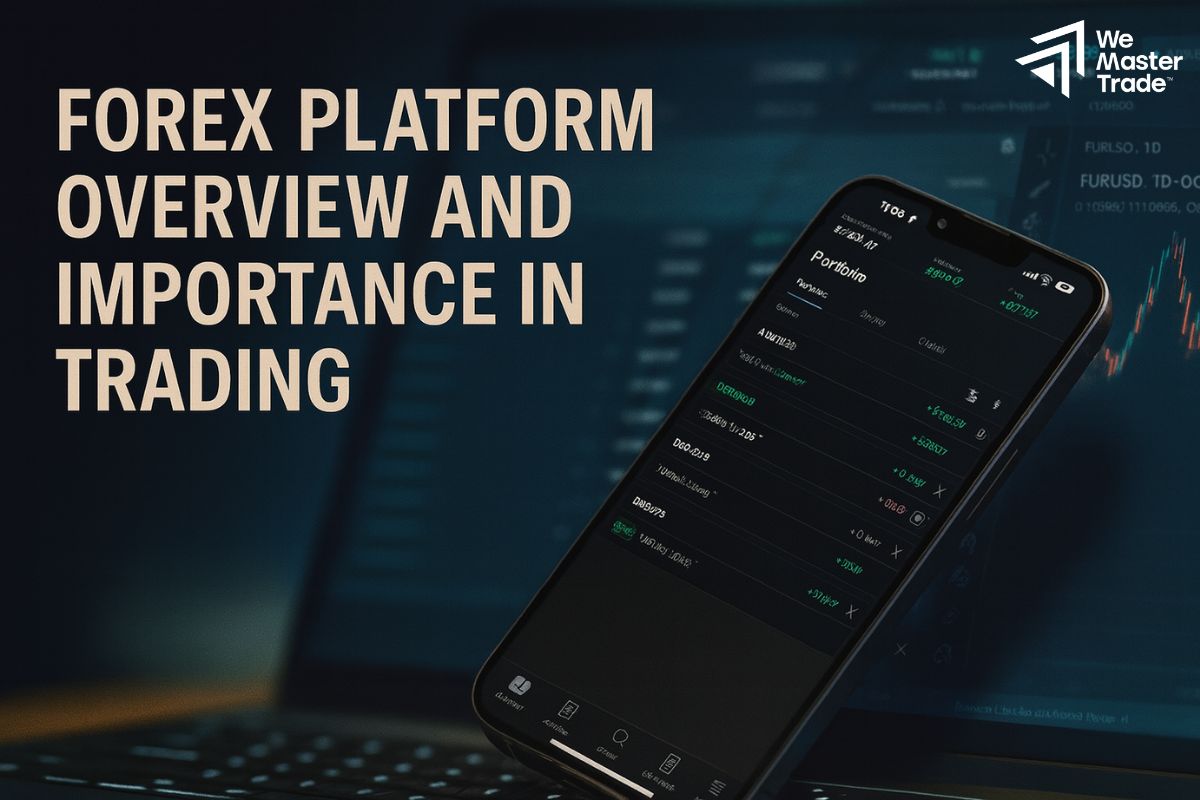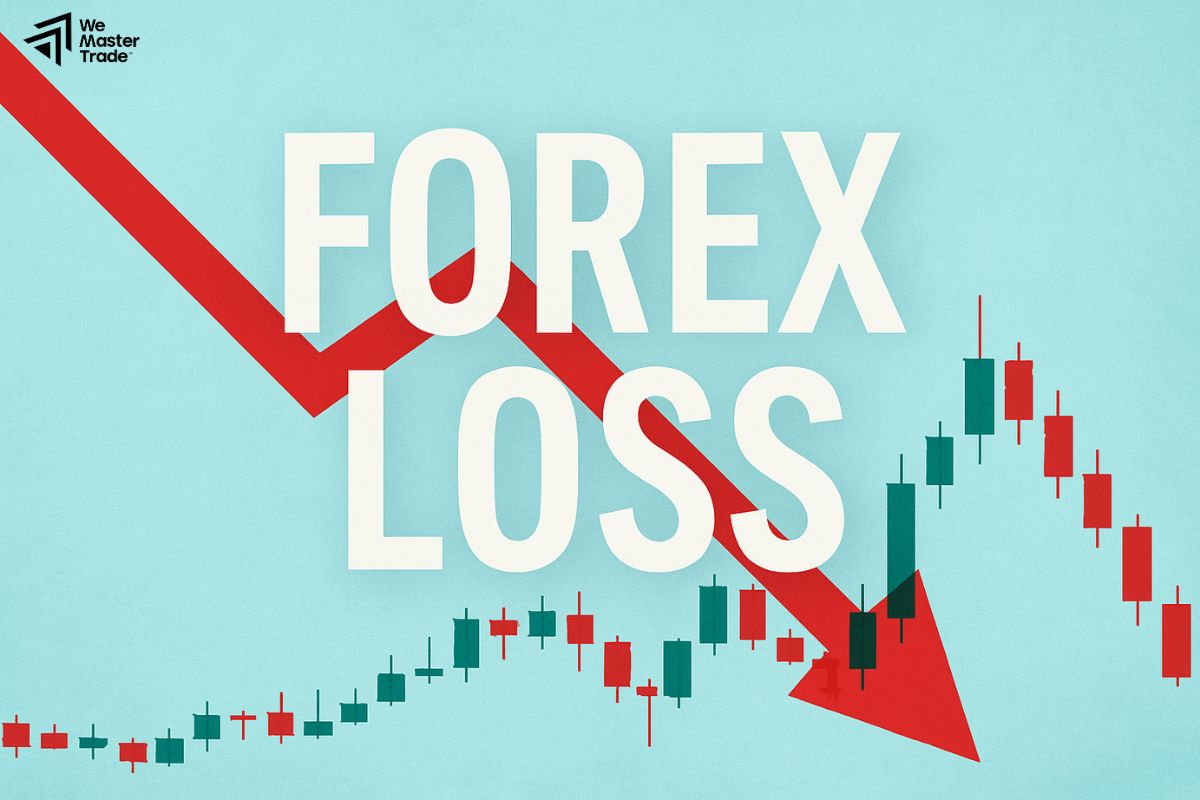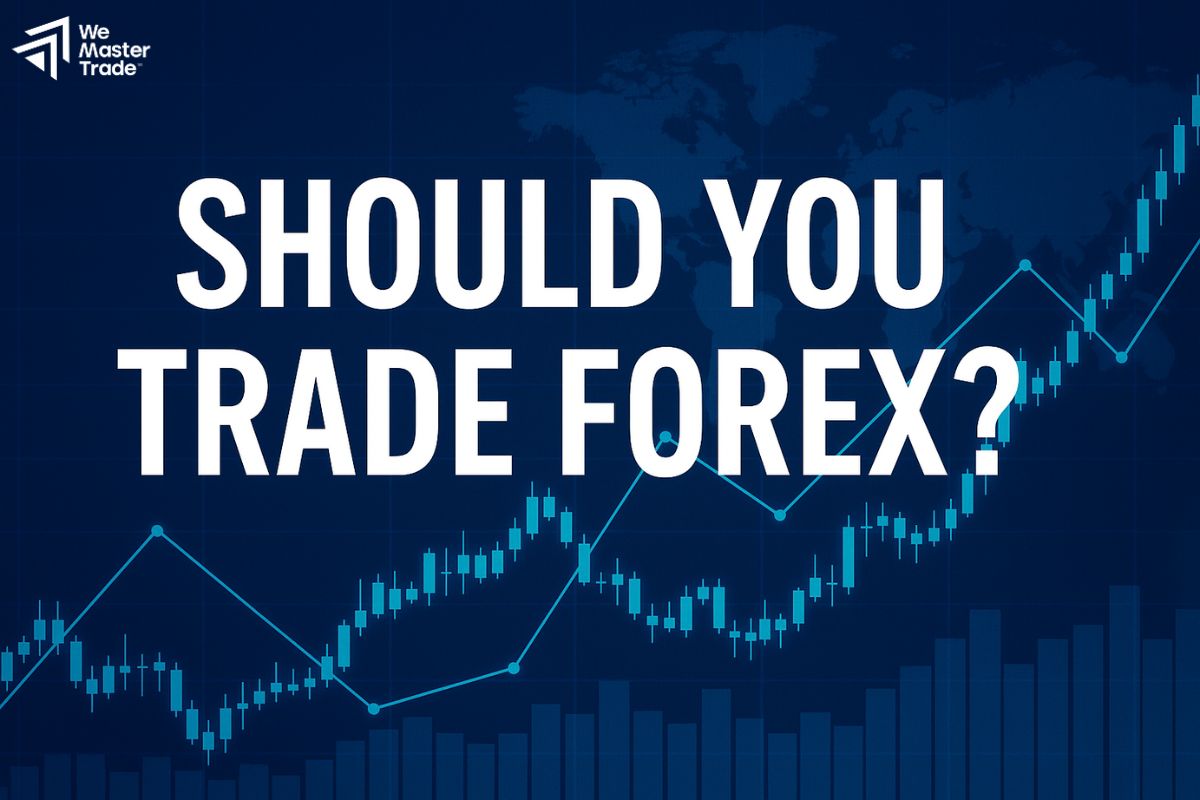Geopolitical Trading is a powerful strategy for those who want to stay ahead of market trends and capitalize on global events. By understanding how political and economic shifts influence financial markets, you can make informed trading decisions and boost your profits. Ready to take your trading to the next level? Explore expert insights, proven strategies, and actionable tips to master Geopolitical Trading today! Start now and transform your approach to the markets.
Introduction to Geopolitical Trading

Geopolitical trading refers to the practice of making financial decisions based on geopolitical events and developments, such as political instability, conflicts, elections, or international relations. This type of trading focuses on the potential market impacts caused by political events, such as shifts in trade policies, changes in government, or regional conflicts.
In today’s globalized economy, the interconnectedness of financial markets means that events in one part of the world can influence markets in entirely different regions. Geopolitical risks and opportunities can impact various asset classes, including currencies, commodities, equities, and bonds. Traders who specialize in geopolitical aim to predict market reactions to political events, exploiting short-term volatility or positioning for longer-term market shifts.
See more:
- The most effective way to Interest Rate Trading in forex
- What Is News Trading? How To Take Advantages News In Trading
- Get Started Smart Trading With Top Economic Indicators
Why is Geopolitical Trading important in financial investment?

Geopolitical trading plays a crucial role in financial investment because political events, such as political instability, policy changes, or international conflicts, can significantly impact financial markets. These events not only affect the value of assets like stocks, currencies, and commodities but also influence investor sentiment, leading to market volatility.
For example, an important election could cause a currency’s value to fluctuate, or conflicts in strategic regions could drive oil prices higher. These fluctuations create both risks and opportunities, which investors can capitalize on to optimize profits.
Furthermore, geopolitical trading helps investors predict how political events may affect global supply chains, thereby influencing the value of commodities like oil, precious metals, and agricultural products.
Understanding these factors also allows investors to adjust their asset allocation strategies, mitigate risks, and identify new opportunities, especially during times of instability or when markets react strongly to political events. Therefore, monitoring and responding quickly to geopolitical events is a key factor in protecting and growing assets in an increasingly volatile world.
Factors affecting Geopolitical Trading

Geopolitical trading is influenced by various factors that shape how markets react to political events. Understanding these factors helps traders and investors anticipate potential market movements and make informed decisions. Here are some key factors affecting geopolitical:
Political Instability and Conflicts
Political instability, such as coups, civil unrest, or wars, can cause significant market volatility. Conflicts disrupt economies, supply chains, and investor confidence, leading to sharp declines or increases in asset prices. For example, military conflicts in oil-producing regions can cause spikes in oil prices, while political unrest in emerging markets can lead to currency depreciation.
Government Policies and Regulations
Changes in government policies, such as fiscal reforms, trade agreements, or regulatory shifts, have a direct impact on the financial markets. For instance, a country implementing protectionist trade policies or imposing tariffs may affect international trade and the global supply chain, influencing commodity prices, stock valuations, and currencies.
Elections and Leadership Changes
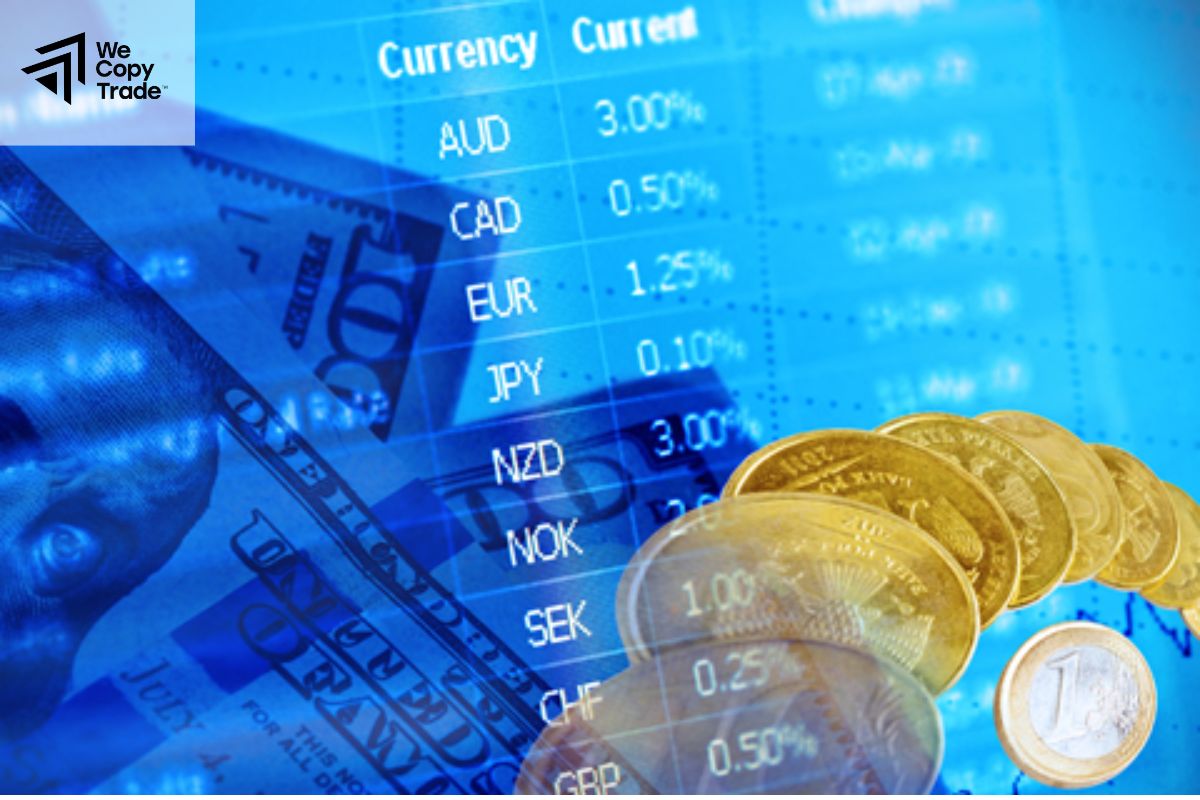
Elections, especially in major economies, can lead to significant market movements as they introduce uncertainty about future policies. Investors often react to the anticipated economic policies of candidates, such as tax reforms, social programs, or foreign trade policies. Leadership changes in key nations can also reshape diplomatic and economic relationships, creating ripple effects across markets.
International Relations and Diplomacy
Geopolitical Trading events related to international relations, such as treaties, sanctions, or diplomatic negotiations, can influence market sentiment. Positive diplomatic agreements or trade deals can boost investor confidence and strengthen currencies, while tensions between countries or the imposition of sanctions can lead to market declines and volatility.
Natural Disasters and Environmental Factors
Although not always directly political, natural disasters and environmental factors can have geopolitical implications, especially if they impact key regions or industries. A major natural disaster in an important trade hub or energy-producing region can disrupt supply chains, increase commodity prices, and create market uncertainty, prompting political responses that influence markets.
Tools and platforms supporting Geopolitical Trading
Geopolitical trading requires a combination of real-time information, advanced analytical tools, and reliable platforms to make informed decisions. Here are some essential tools and platforms that support geopolitical:
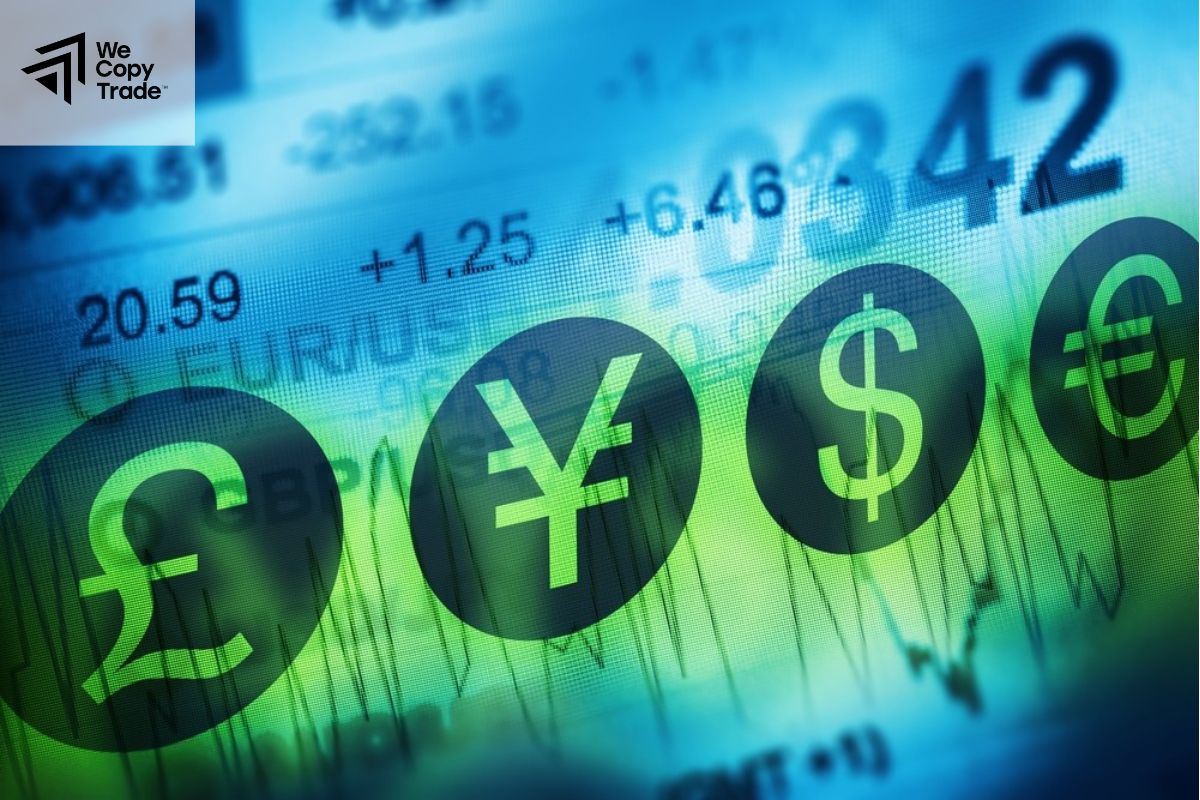
Economic Calendars
Economic calendars like Trading Economics and Forex Factory help investors track important political and economic events, such as elections, policy changes, and international meetings, which may impact the markets.
Geopolitical Risk Analysis Tools
Platforms like Geopolitical Futures and Stratfor provide in-depth analysis of geopolitical events and forecast their potential effects on financial markets.
Sentiment Analysis Tools
Tools like StockTwits and MarketPsych help investors measure market sentiment, reflecting investor concerns or optimism about geopolitical events.
Forex and Asset Trading Platforms
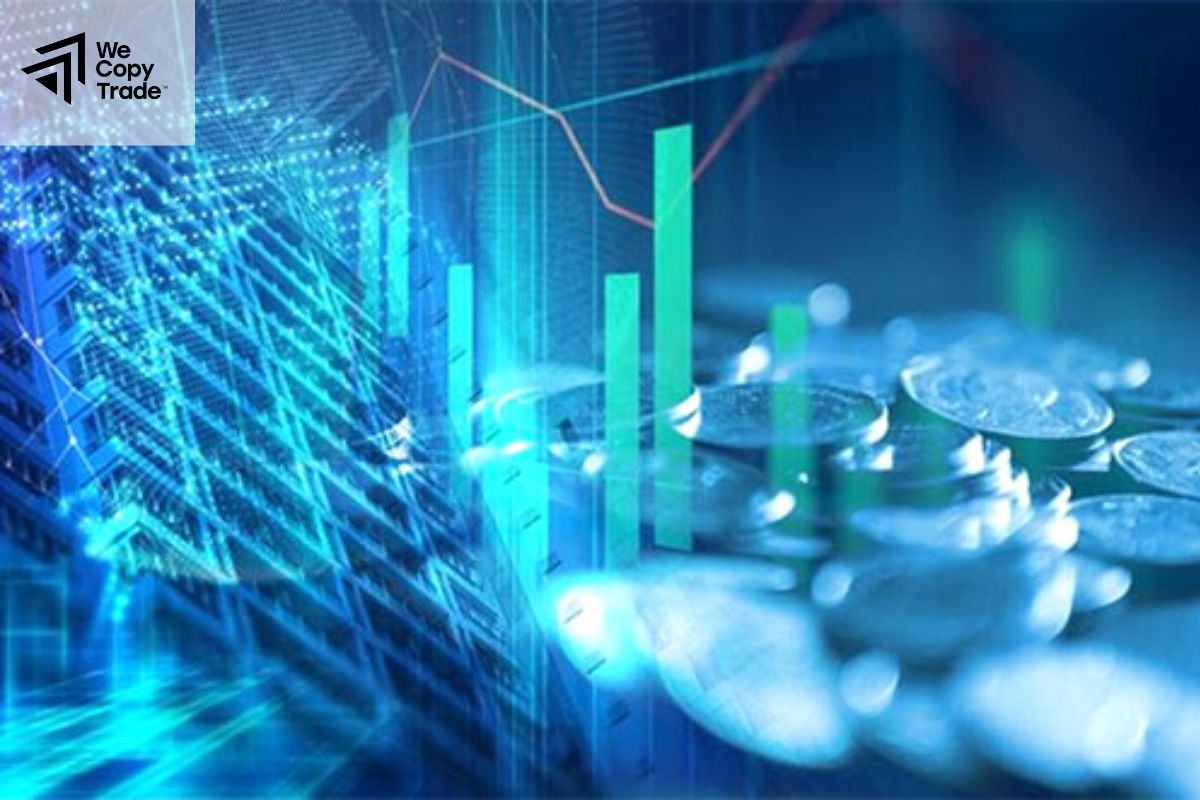
Platforms like MetaTrader 4 and cTrader provide real-time data and trading tools, allowing investors to capitalize on market fluctuations caused by political events.
News Alerts and Notifications
Services like Investing.com and Bloomberg Terminal provide instant alerts about important political events, helping investors react quickly to changes.
Charting and Technical Analysis Tools
Tools like TradingView and ThinkorSwim provide charts and technical analysis tools, helping investors identify trends and trading signals amid political volatility.
Social Media Platforms
Platforms like Twitter and Reddit allow investors to follow information and discussions on geopolitical events through real-time channels.
Benefits and risks in Geopolitical Trading
Benefits of Geopolitical Trading
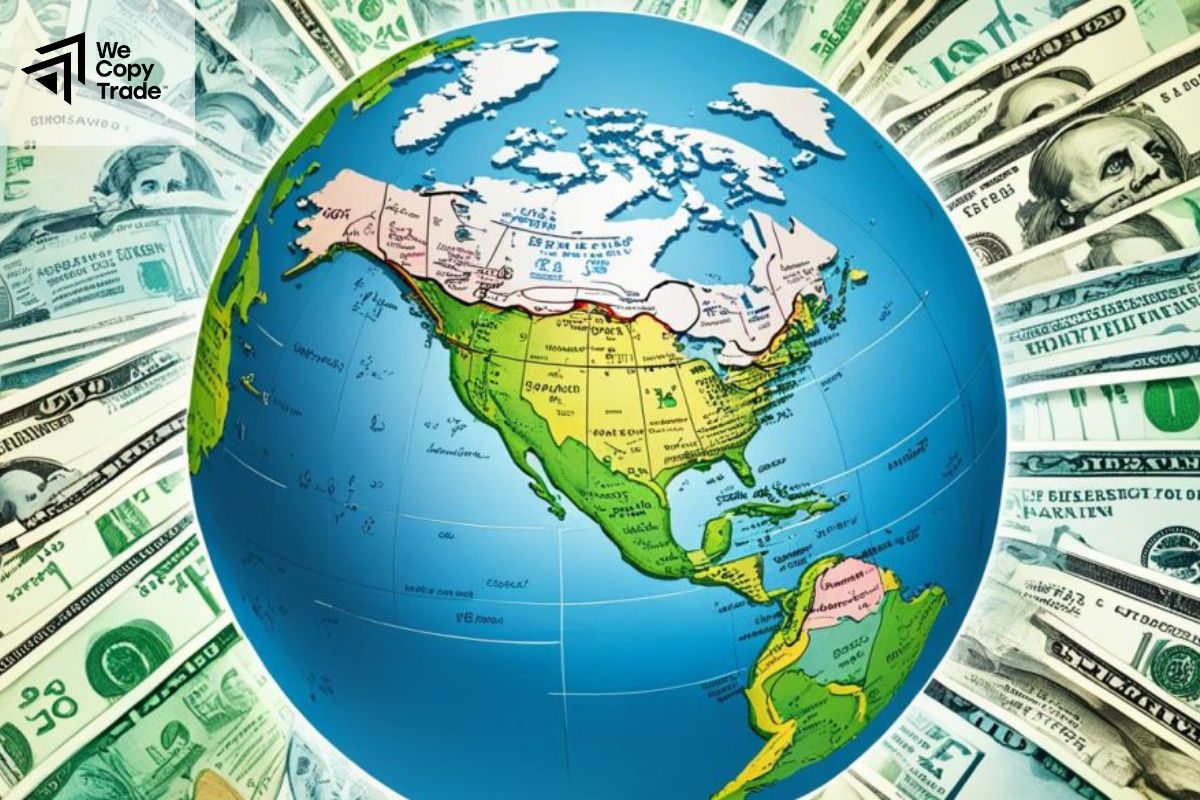
- Opportunities for Profit in Volatile Markets: Geopolitical events, such as elections, trade wars, or conflicts, often lead to sharp market movements, creating opportunities for traders to profit from volatility. Investors who can accurately predict the market’s reaction to geopolitical developments can benefit from these swings.
- Diversification of Investment Portfolio: Geopolitical events can affect different asset classes (stocks, commodities, currencies), offering diversification opportunities.
- Market Disruptions Provide Short-Term Trading Opportunities: Geopolitical instability can cause rapid market disruptions, which offer short-term traders the chance to capitalize on sudden price changes.
Risks of Geopolitical Trading
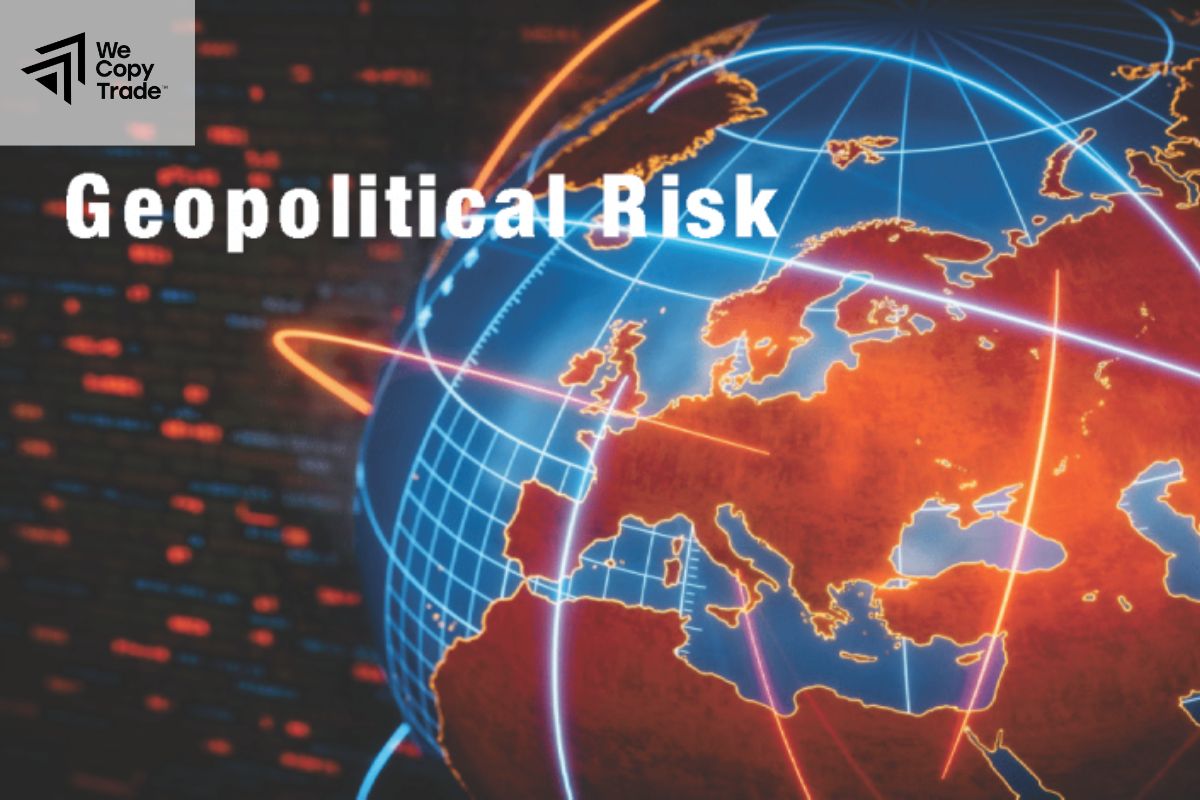
- Unpredictability and Uncertainty: One of the biggest risks in geopolitical trading is the inherent unpredictability of political events. Geopolitical developments are often difficult to forecast, and the market’s reaction may not always align with initial expectations.
- Market Overreaction: Geopolitical events often lead to emotional market reactions, driven by fear or optimism. Investors may overreact to news, leading to exaggerated market movements that do not reflect the true economic or political situation.
- Increased Volatility: Geopolitical trading is inherently volatile. Events like conflicts, elections, or diplomatic tensions can cause rapid fluctuations in markets, creating both risks and opportunities.
- Currency Risk: Political instability often causes fluctuations in exchange rates. Traders who are invested in international markets may face currency risk, where political events in one country can lead to the devaluation of its currency, affecting the value of assets denominated in that currency.
Conclusion
In conclusion, trading offers exciting opportunities for investors to capitalize on market volatility driven by political events worldwide. If you’re ready to dive into the world of geopolitical trading, start by educating yourself, monitoring key political developments, and practicing your strategies with a demo account. Don’t miss out on the potential of this dynamic trading approach and begin exploring the world of geopolitics today!
See now:




